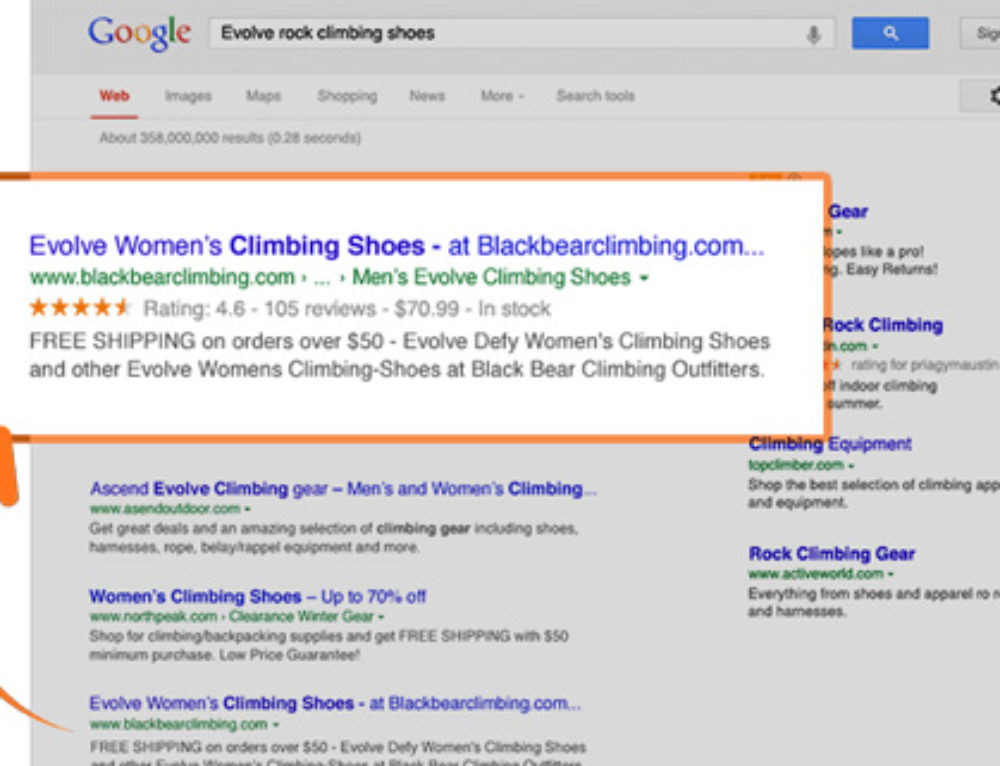The rules for online marketing have changed a lot in recent years. However, some strategies have made it past Google’s algorithm changes and still make a lot of sense. One of these is having a blog on your company’s website. Even though ADX Media has become synonymous with Magento web design, we also offer online marketing services to clients and this is always a point we stress. Here are the best practices you need to follow, though, in order for your blog to have its intended impact.

Blog Regularly
Back in April of 2015, HubSpot conducted what a lot of experts believe to be the definitive study on how often to blog. In short, it seemed to confirm that, yes, blogging is still an effective way to generate organic traffic and that the more you post, the better.
Specifically, a company with over 401 blog posts on their site saw more than 3x the leads than businesses that hadn’t broken through 100 yet. They also did a breakdown by company size, which looks like this:
- 1-10 Employees: 301+ posts received over 3.5x as many leads as competitors with fewer than 50
- 11-25 Employees: 301+ posts generated 2x as many leads as companies stuck within the 151 to 300 post range
- 26 Employees and Up: 300+ posts helped attract 1.5x as much traffic as competitors with just 0 – 25 posts
The whole study is worth a read, but the most important concept should be clear: having a blog is not enough. For best results, you absolutely must post regularly. Fortunately, Magento web design lends itself to a blog and makes it easy to post.
Audit Your Blog Regularly
This next piece of advice is going to seem a bit contradictory in light of what we just recommended, but it’s an extremely powerful strategy that can make your blog far more effective for bringing in leads.
The concept is known as a site audit and involves going through the content you’ve posted and deleting whatever didn’t bring in new business. This approach is based on the idea that Google is constantly trying to figure out what your website is about. Obviously, scanning your blog can give it a pretty good idea. However, like a lot of companies with blogs, yours most likely covers a number of different topics.
That’s not necessarily a bad thing and when you’re first trying to hit the numbers we mentioned above, it makes a lot of sense. Diverse posts can also confuse Google, though. It can hurt your ranking because the search engine can’t figure out what exactly you’re offering the market.
That’s why, once a year, you need to do a massive audit of your blogs and remove any of those that your potential customers clearly didn’t care for. This will do a few things:
- It will make it clear to Google what your company’s main focus is
- It should influence your content strategy going forward by showing you what your market wants to read about
- By getting rid of those posts that have the least social shares, comments and backlinks, you’ll be left with a much higher ratio of engagement per page, something Google most likely cares about
How you decide which posts to delete will depend on the amount of success your company has had at the moment you conduct an audit. Obviously, we’re more than happy to help you with this along with Magento web design services and anything else your company needs.
Network, Network, Network
More often than not, when one of our Magento web design clients tell us they don’t have a blog they say it’s because they tried it but theirs never brought in any traffic or earned any backlinks. When we ask them how they went about trying to get traffic, it usually involves the following:
- Research keywords
- Write a blog about the keyword
- …That’s it
It’s 2016. Unless you’re in an extremely niche market, you have way too many competitors to hope that the above strategy is going to yield any results whatsoever. Instead, you absolutely must network with others in your industry. Allow them to guest post on your site and vice versa for backlinks and greater amounts of authority and mindshare.
Although Magento web design is something we excel at, we’ve also been helping companies like yours with online marketing since 1996. Amongst other things, this has meant helping customers better understand what it takes to get found. A company blog still makes a lot of sense in 2016 and hopefully the above will help you make the most of yours.






